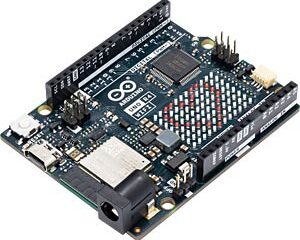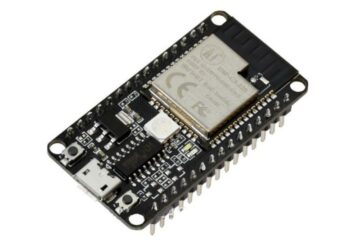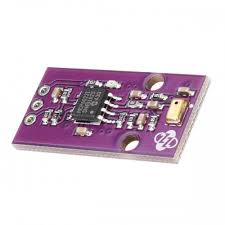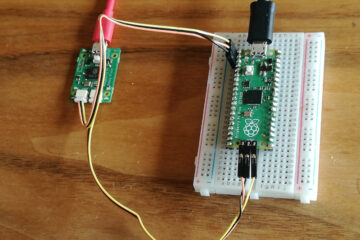Arduino UNO R4 – Bar Charts on the LED Matrix
We can try to use a “Bar Chart” to display the result of FFT or the volume, so it is time to have a look at the built in LED Matrix. The basic API to update an LED is as follows: The LED API – Introduction #include “Arduino_LED_Matrix.h” ArduinoLEDMatrix matrix; uint8_t frame[8][12] = {0}; void setup(){ matrix.begin(); frame[7][0] = true; // acivate LED at 0,7 (left lower corner) matrix.renderBitmap(frame, 8, 12); } void loop(){} I have Read more




